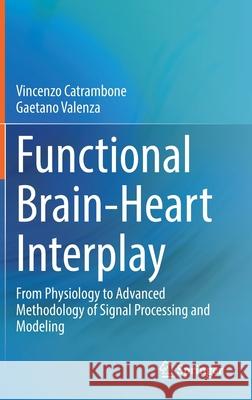Functional Brain-Heart Interplay: From Physiology to Advanced Methodology of Signal Processing and Modeling » książka
topmenu
Functional Brain-Heart Interplay: From Physiology to Advanced Methodology of Signal Processing and Modeling
ISBN-13: 9783030799335 / Angielski / Twarda / 2021 / 230 str.
Functional Brain-Heart Interplay: From Physiology to Advanced Methodology of Signal Processing and Modeling
ISBN-13: 9783030799335 / Angielski / Twarda / 2021 / 230 str.
cena 563,56
(netto: 536,72 VAT: 5%)
Najniższa cena z 30 dni: 539,74
(netto: 536,72 VAT: 5%)
Najniższa cena z 30 dni: 539,74
Termin realizacji zamówienia:
ok. 16-18 dni roboczych.
ok. 16-18 dni roboczych.
Darmowa dostawa!
Kategorie BISAC:
Wydawca:
Springer
Język:
Angielski
ISBN-13:
9783030799335
Rok wydania:
2021
Wydanie:
2021
Ilość stron:
230
Waga:
0.52 kg
Wymiary:
23.39 x 15.6 x 1.6
Oprawa:
Twarda
Wolumenów:
01
Dodatkowe informacje:
Wydanie ilustrowane











